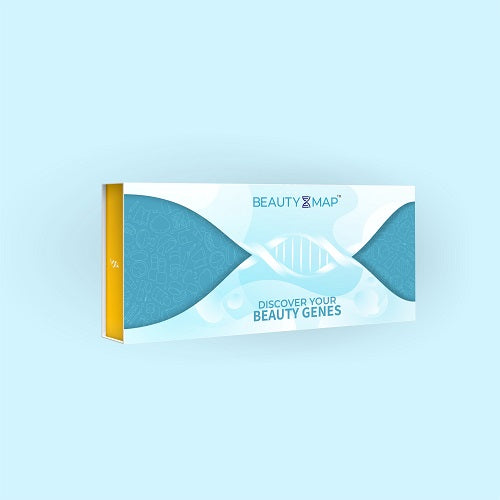Biotin
Biotin, also known as vitamin B7 or vitamin H, is a water-soluble vitamin that plays a vital role in various metabolic processes in the body. It is an essential nutrient that supports overall health and wellness, particularly in maintaining healthy hair, skin, and nails. In this comprehensive guide, we will delve into the benefits of biotin, its sources, recommended intake, potential health effects, and ways to incorporate it into a healthy lifestyle.
Benefits of Biotin
-
Promotes Healthy Hair: Biotin is often hailed as a key nutrient for maintaining strong, healthy hair. It supports the production of keratin, a protein that forms the structural basis of hair strands, promoting hair strength and resilience.
-
Nourishes Skin: Biotin contributes to the maintenance of healthy skin by supporting cell growth and regeneration. It helps to keep the skin hydrated and may alleviate certain skin conditions, such as dryness and dermatitis.
-
Strengthens Nails: Biotin deficiency has been associated with brittle nails and nail disorders. Supplementing with biotin can help strengthen nails and improve their overall appearance.
-
Supports Metabolism: Biotin plays a crucial role in carbohydrate, fat, and protein metabolism, serving as a cofactor for various enzymes involved in these metabolic processes. It helps convert food into energy and facilitates the utilization of nutrients by the body.
Sources of Biotin
Biotin is naturally found in a variety of foods, including:
- Eggs: Egg yolks are a rich source of biotin, providing a significant amount of this vitamin per serving.
- Nuts and Seeds: Almonds, walnuts, peanuts, and sunflower seeds are good sources of biotin.
- Meat and Poultry: Liver, kidney, beef, chicken, and turkey contain biotin, although the biotin content may vary.
